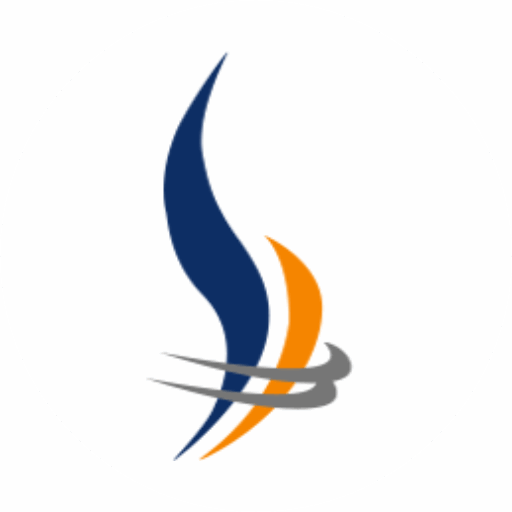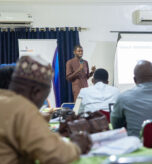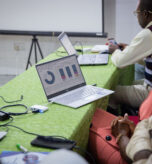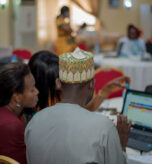In 2021, Nigeria experienced the transmission of circulating Variant Poliovirus type 2 (cVPV2) due to declining type 2 population immunity. Southern states, in particular, faced a heightened risk due to the presence of under-immunized and unimmunized children, which posed a serious threat of further virus transmission. To address this, the National Primary Health Care Development Agency (NPHCDA) sought to leverage the influence of Traditional and Religious Leaders (TRLs) to drive demand for polio vaccination, routine immunization (RI), and other essential Primary Healthcare (PHC) services.
The Southern Religious and Traditional Leaders’ Engagement for PHC Delivery (SoRTLE) project, funded by the Bill and Melinda Gates Foundation, was initiated from 2022 to 2023 to create awareness, improve vaccination uptake, and boost overall community health-seeking behavior in all 17 southern states.
Demand Generation:
Sydani designed and implemented a comprehensive strategy to systematically engage TRLs in the southern states and harness the strong community influence of these leaders to advocate for vaccination and other PHC services, such as routine immunization. Sydani’s approach involved establishing and fortifying platforms for active TRL engagement, including the formation of TRL health committees at both the state and LGA levels. These committees facilitated direct involvement of the leaders in community sensitization and addressed vaccine hesitancy.
Sydani worked with TRLs to organize community meetings, health talks, and awareness campaigns to improve public understanding of the importance of immunization and encourage uptake.
Additionally, special vaccination teams were deployed in areas with low coverage, where TRLs played a pivotal role in overcoming vaccine non-compliance and dispelling misconceptions about vaccinations.
Result:
The SoRTLE project yielded significant results in boosting immunization awareness and coverage. TRL health committees were successfully established in all 17 southern states and in 93 LGAs, greatly expanding the reach and influence of the initiative. The intervention directly contributed to the vaccination of over 200,000 additional children, through the active involvement of TRLs and the deployment of special vaccination teams. The TRLs were instrumental in resolving over 70% of the 15,809 reported non-compliance cases across the three southern zones, helping to overcome indigenous bottlenecks and improve vaccine uptake. The project’s success was marked by improved TRL ownership of health issues and stronger community advocacy, which significantly enhanced demand for immunization and PHC services across Southern Nigeria.




